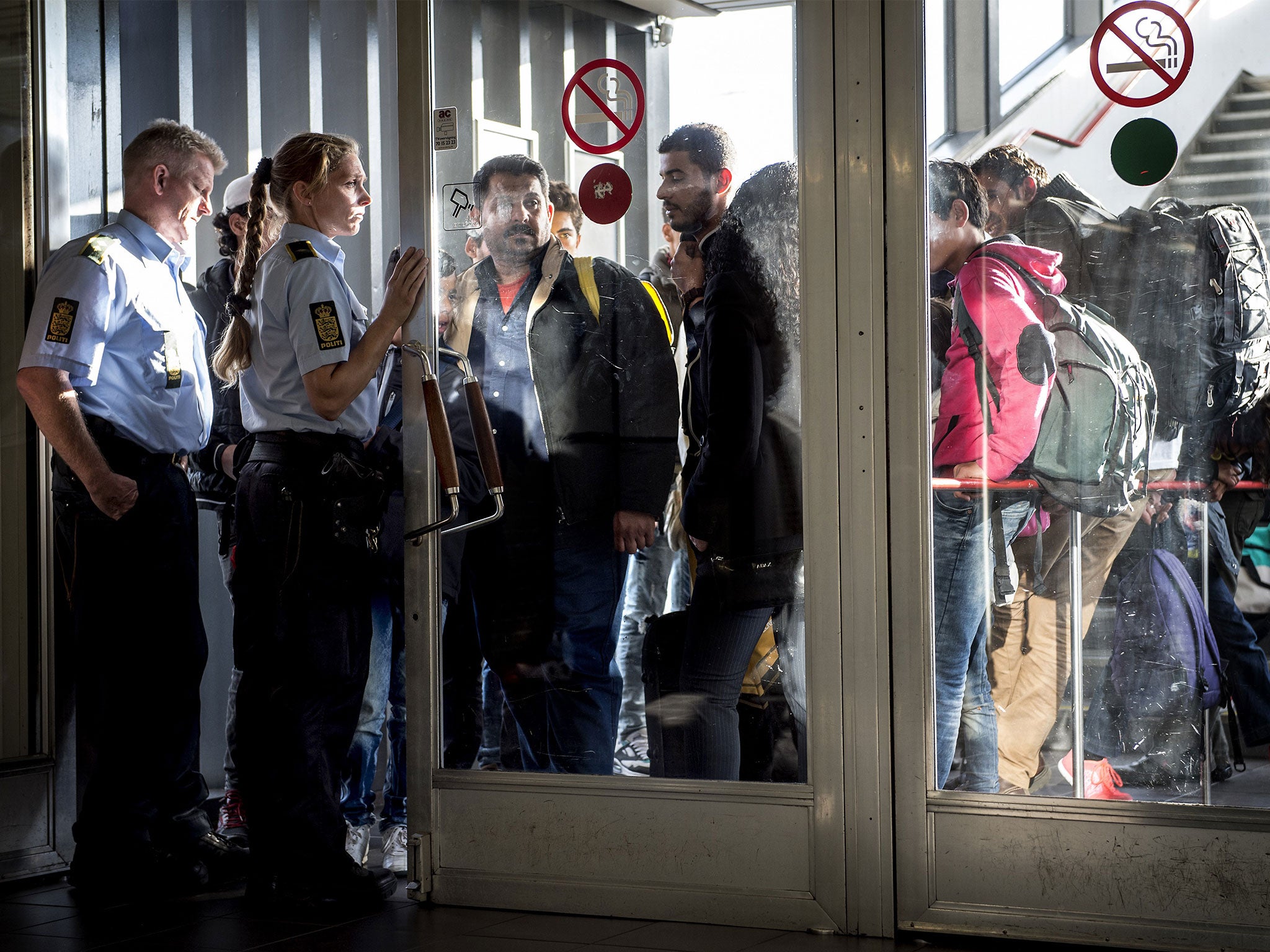Denmark to give children in migrant neighbourhoods compulsory lessons on democracy and equality
Youngsters who have arrived in the Nordic country from the Middle East will get compulsory classes on Christmas and Easter

Your support helps us to tell the story
From reproductive rights to climate change to Big Tech, The Independent is on the ground when the story is developing. Whether it's investigating the financials of Elon Musk's pro-Trump PAC or producing our latest documentary, 'The A Word', which shines a light on the American women fighting for reproductive rights, we know how important it is to parse out the facts from the messaging.
At such a critical moment in US history, we need reporters on the ground. Your donation allows us to keep sending journalists to speak to both sides of the story.
The Independent is trusted by Americans across the entire political spectrum. And unlike many other quality news outlets, we choose not to lock Americans out of our reporting and analysis with paywalls. We believe quality journalism should be available to everyone, paid for by those who can afford it.
Your support makes all the difference.Denmark will force children living in “ghetto” neighbourhoods containing large numbers of migrants to learn about democracy and equality, as well as traditions such as Christmas.
The Scandinavian country’s government announced the new policy, which will see children from certain districts completing 25 hours of compulsory state education each week from the age of one.
Denmark uses the term “ghetto” as an official designation for neighbourhoods populated by primarily by non-Western immigrants.
Children in the Nordic nation are normally required to undertake 10 years of education from the age of six.
However, school attendance is not compulsory, meaning parents have the right to choose how their child is educated.
Danish parents living in the designated areas will also be forced to enrol their children in the initiative, although those already receiving some form of day care will not be required to join.
While the primary focus will be on language skills and learning readiness, the plan also seeks to educate the mainly Muslim children in Danish traditions and Christian holidays such as Christmas and Easter.
If parents fail to sign their children up to the scheme they could lose their child benefits, the government said.
The proportion of non-Western immigrants living in Denmark’s “ghettos” stood at 66.5 per cent in 2017, according to the Danish ministry of housing.
Non-western immigrants accounted for 8.7 per cent of the country’s 5.7 million-strong population.
Denmark has struggled for decades with how to integrate migrants from areas such as the Middle East into its largely ethnically and religiously homogenous society.
The agreement on new measures was reached by a majority in parliament, where the government is led by The Liberal Party and supported by the nationalist Danish People's Party.
The opposition Social Democratic Party, which in recent years like many other European social democrats has taken a harder stance towards Middle Eastern immigrants, also supported the deal.
Denmark has courted controversy over its treatment of migrants in the past, especially surrounding its “jewellery law”, which has seen cash and other valuables seized from asylum seekers to pay for their stay.
The measure has received criticism from several high-profile organisations since its introduction in February 2016, including the United Nations, which warned it could “fuel fear and xenophobia".
Additional reporting by Reuters